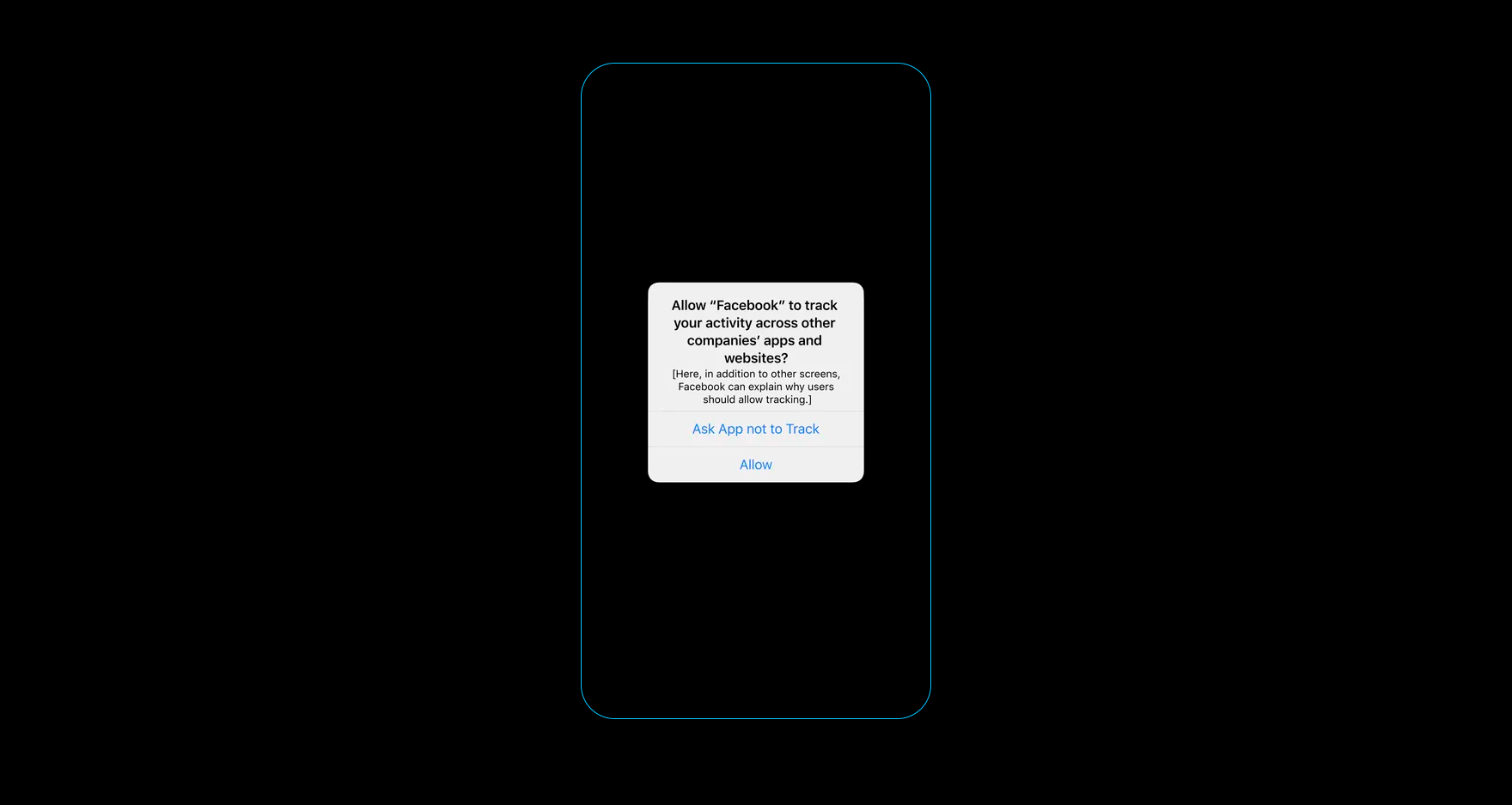

April, 2023
One of the greatest challenges today is the gradual phasing out of cookies. In paid search marketing, this technology has been fundamental for measuring results and segmenting audiences, which has allowed advertisers to reach their target audience in the most effective way possible.
Important privacy laws such as the General Data Protection Regulation (GDPR) in Europe and the CCPA in California oblige companies to inform consumers about how their personal data is used and to delete it if requested.
The entry into force of the GDPR in 2018 brought about a major change. The new regulations included more communication channels such as apps on mobile devices, email, and video calls and established rules for consent to cookies. Since then, advertisers have been using consent banners to allow users to opt out of tracking if they wish.
It is important to know about two categories of cookies used on websites: first-party and third-party.
First-party cookies are placed by the website being visited, allowing the site to collect data about the user’s preferences; for example, how they wish to view the site and information about their purchase process. These cookies won’t be phased out.
Third-party cookies are placed by an advertising provider who offers content on the website being visited. These cookies allow the advertiser to track a user through different sites and then use this information to personalize the advertising in the communications they receive. However, these third-party cookies will be phased out.
Paid search is a marketing strategy that enables advertisers to appear high up on the search engine results pages (SERP) of online search engines. The ads are linked to keywords which, if entered by the user in their search queries, will boost the position of the ad on the search results page. Advertisers are generally charged for each time a user clicks on the ad (Pay Per Click or PPC).

There won’t be much of a change, in fact. Google will continue to support first-party identifiers on advertising platforms. First-party identifiers include data such as browsing history, purchases made, and profile information provided voluntarily by users via a registration form since many are connected to Google via their browser or log in via Google to identify themselves on multiple platforms.
Google has announced that when third-party cookies disappear, it will not build alternative identifiers for tracking users as they browse the web, nor use them in their products or services.
If you use iOS, you will have noticed that when you download an app, a pop-up appears asking “Allow this app to track your activity across other companies’ apps and websites?” and you have the option to choose “Ask app not to track.”
This is Apple’s App Tracking Transparency (ATT) feature that was introduced with the release of iOS 14.5 in April 2021 in response to the aforementioned laws and the demand by users to respect the privacy of their data. The ATT feature allows users to reject tracking on applications and websites and is having a significant impact on advertising on social media platforms.
If a user denies tracking, their device will no longer be identifiable to applications or websites, and the ads they click on will only be remembered for seven days. Only one conversion event can be attributed to each click, and no information about the user is provided for conversions, which limits demographic targeting and retargeting.
If a user decides to accept tracking, their data will be collected as normal. Meta has reported changes in advertising streams in both applications and online as a result of Private Click Measurement (PCM), Apple’s ad measurement framework that will affect the optimisation, segmentation and measurement of ads.
However, this initiative will mainly affect applications, which do not represent a significant part of Google ad traffic. Therefore, there is little impact on paid search tracking.
Google is adopting a new strategy called “conversion modelling” to offset the possible loss of data that will occur in a cookieless future. Conversion modelling uses the data and statistics of users who have agreed to be tracked, for predicting the conversions that occur when Google is unable to directly see the clicks and visits.
In other words, it uses the data of users who have given their consent, to predict the conversions that occur when it is unable to track the data from third-party cookies. This gives advertisers a better understanding of the performance of their ads, allowing them to make better decisions.
The gradual phasing out of cookies presents a challenge for paid search, since this technology has been fundamental for measuring results, tracking and segmenting audiences. However, Google will continue to support first-party identifiers on advertising platforms and will not build alternative identifiers to track users as they browse the web.
In addition, Apple’s App Tracking Transparency feature has had a significant impact on advertising on social media platforms, but has not affected paid search. Though we will see some changes, paid search will continue to be an effective advertising strategy in the future.